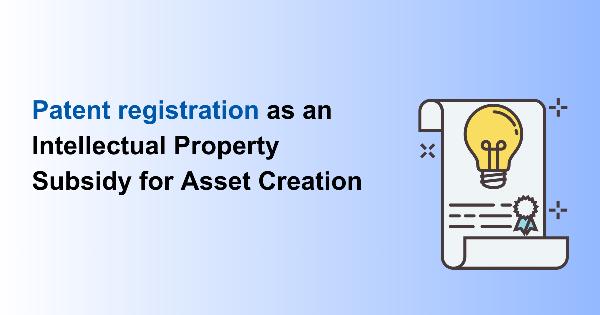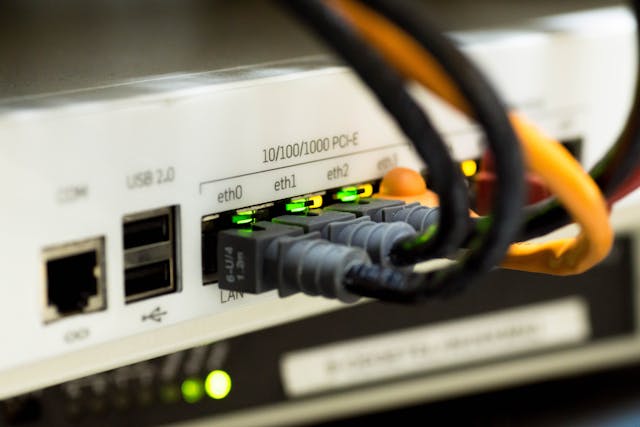Patent registration as an Intellectual Property Subsidy for Asset Creation

Strong 8k brings an ultra-HD IPTV experience to your living room and your pocket.
What is a Patent?
A patent is a legal document that, for a restricted time, gives the owner of the invention the only authority to create, use, sell, or offer for sale the invention. It is a type of intellectual property that safeguards the creative works and original concepts of the inventor.
Why is Patent Registration Important?
There are various reasons why patent registration is crucial.
Monopoly: It grants the inventor exclusive rights, allowing them to control the commercialization of their invention.
Revenue Generation: Patents can be sold or licensed, which brings in a sizable sum of money for the creator.
Investment Attraction: Patents can attract investors and partners, providing funding and resources for further development.
Market Protection: Patents deter competitors from copying or imitating the invention, protecting the inventor's market share.
Patent Registration in India
The Indian Patents Act, of 1970 governs the registration process for patents in India. Here's a quick rundown of the procedures involved:
Prior Art Search: Make sure the invention is new and hasn't been revealed before by conducting a thorough search.
Drafting the Patent Application: Prepare a detailed application, including a description of the invention, claims, and drawings.
Filing the Application: Submit the application to the Indian Patent Office (IPO).
Examination: The IPO will examine the application for novelty, inventiveness, and industrial applicability.
Publication: If the application passes the examination, it will be published in the Indian Patent Journal.
Opposition Period: 45 days is provided for any third party to oppose the grant of the patent.
Grant of Patent: If no opposition is filed or is unsuccessful, the IPO will grant the patent.
Online Patent Registration
The Indian Patent Office has made the process of filing patents more convenient and effective by introducing an online portal. Applications can be electronically submitted, and applicants can check the status of their applications online.
Who Is Eligible for Patent Filing in India?
Anyone who is an inventor or has a right to the invention can file for a patent in India. This includes:
Individuals: Inventors who have conceived and developed the invention.
Companies or Corporations: Businesses that have developed the invention or have acquired rights to it.
Joint Inventors: Multiple individuals who have contributed to the invention.
Assignees: Individuals or entities to whom the inventor has assigned their rights to the invention.
Who Is Not Eligible for Patent Filing in India?
Certain individuals or entities are not eligible for patent filing in India. These include:
Government Employees: Government workers who developed an invention while employed by the government are typically ineligible to apply for a patent unless they have permission from the government to do so.
Foreign Nationals: Non-Indian citizens or residents are generally not eligible to file for patents in India unless they have a specific agreement or arrangement with the Indian government.
Individuals Who Have Previously Disclosed the Invention: If the invention has been publicly disclosed or used before the filing date, it may not be eligible for patent protection.
Individuals Who Have Abandoned the Invention: The invention might not be eligible for patent protection if the inventor has given up on it or hasn't made a sincere effort to develop or market it.
Final Thoughts
A useful strategy for safeguarding intellectual property and generating substantial wealth is patent registration. Inventors can protect their creative ideas and benefit from their labors by being aware of the advantages and process of registering a patent.
Note: IndiBlogHub features both user-submitted and editorial content. We do not verify third-party contributions. Read our Disclaimer and Privacy Policyfor details.







